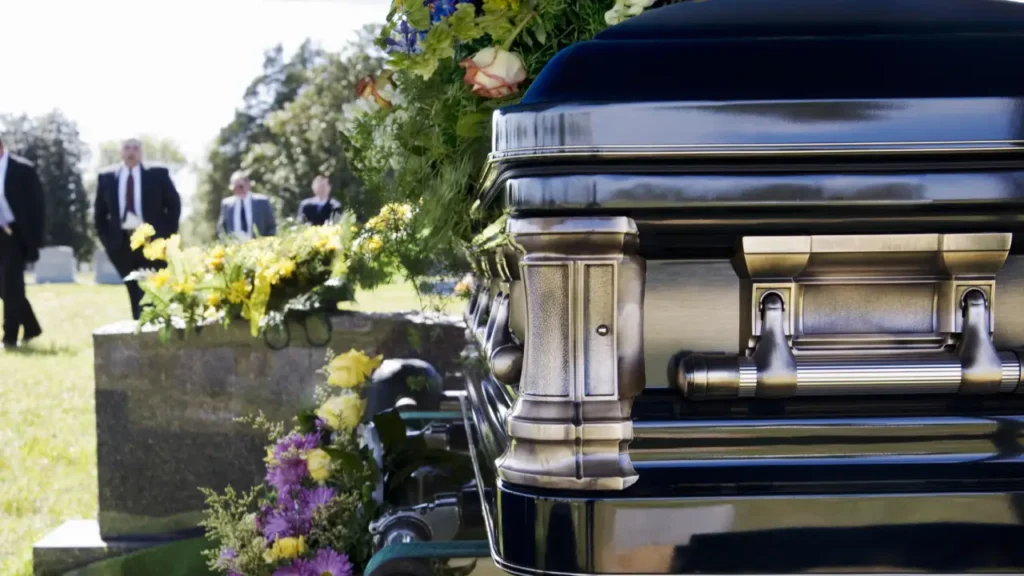Along with the emotional toll and grief, the death of a loved one can also cause a serious financial toll on the family. The average cost of a funeral runs between $4000 to $8000. Funeral arrangements of a loved one is an emotional experience but managing the cost of services seems like an unthinkable. The huge sum of overall costs makes it hard for the grieving family to pay for the funeral. That’s why experts suggest ahead of time funeral planning just as we do for retirement or other financial goals.
Some people also buy funeral insurance plans to protect their families from the financial stress of funeral cost payments. Below are some ways everyone can take on to reduce the cost of a funeral without compromising the quality of services.
1. List Down your Desires and Tell your Family

Whether you want to be cremated, embalmed, or buried, list your funeral-related wishes and desires on paper and share them with your spouse or any other family member. This will help them make funeral arrangements accordingly without spending much. Don’t write and include your funeral wishes in your will as your family would not be able to see them immediately. Note theme separately and let someone trusted know so they can plan a funeral as per your wishes and desires.
2. Choose between Cremation and Burial
Choosing the right type of funeral service is one of the best ways to reduce overall funeral costs and expenses. Generally, cremation costs less than a burial service. The average price of a funeral with cremation is almost $6000. And a burial service may cost you $8500 or more. This is the reason, to understand the difference between cremation and burial to choose an economical option for a funeral. The federal government also requires funeral homes to offer less-expensive alternatives to cremation caskets like wooden containers to reduce the final figure.
3. Buy Only What You Want

Taking an experienced and sensible friend with you can also help you cut the overall bill of funeral costs. Usually, people think that how much they spend on a funeral or memorial service is a way to show love and honor for the deceased person. And they are likely to buy more than the essentials. So, take someone to the market who will help you stick to your funeral budget and wishes. Understand the difference between essentials and extras to keep the costs as lower as possible.
4. Decline embalming
Some funeral directors pressurize the family to have the deceased person embalmed. Bear in your mind that embalmment is an option, not a requirement. If viewing the body is not much important, you should decline the embalming as it is done to slow the after-death processes down to maintain a life-like appearance of the body for viewing. By skipping the embalming, you can save up to $ 700. However, you can opt for refrigeration as an economical alternative to embalming if necessary.
5. Compare the Available Options

As funeral planning is an emotional task, most people just go to the nearest dealer and buy whatever the salesperson recommends. This is not the right way to shop for funeral services and supplies. You should shop around to see and compare prices offered by different funeral homes or dealers to choose an inexpensive one. Several funeral services comparison tools and websites are available these days that can help you compare and make an informed decision. You can also talk to the different dealers in your area and compare their offers. If you don’t have enough time to visit several dealers, you should ask someone to do it for you who is experienced and trusted as well.
Conclusion
Funerals are expensive and can cause a serious financial toll on people left behind. Ahead of time planning and doing proper research can help you reduce the cost of a funeral to a great extent. You can also buy a funeral plan or prepay to a funeral home to protect your family from financial stress when you pass away.







